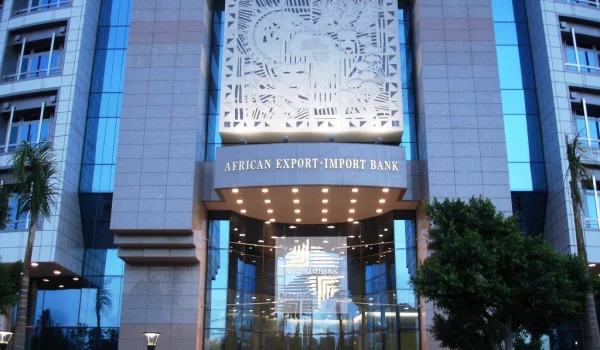Afreximbank report warns of troubling surge in banks’ exposure to domestic sovereign debt
In its 2023 report titled “Africa’s 2023 Growth Prospects: Securing growth resilience in a ‘polycrisis’ world,” Afreximbank highlights a worrisome trend of increasing banks’ exposure to domestic sovereign debt, commonly referred to as the sovereign-bank nexus.
According to the report, the rise in public debt following the pandemic has further solidified the intricate relationship between sovereigns and banks, with banks now holding record levels of domestic sovereign debt.
This development has given rise to a fresh array of challenges for both the financial system and the global economy at large, particularly in terms of investment growth and macro-financial stability. Countries with undercapitalized banks are particularly vulnerable, as an escalation in sovereign risk can adversely impact balance sheets and impede lending capacity, thereby stifling private investment and overall economic growth.
Afreximbank notes in its report that, in a world marked by an uneven distribution of liquidity and refinancing risks, the perils associated with the sovereign-bank nexus are acutely felt in emerging markets and developing economies, where central banks lack the necessary financial resources to act as both lenders of last resort and market makers of last resort.
The latest available estimates indicate a sharp increase in domestic banks’ holdings of sovereign assets in these countries, accounting for approximately 17% of total banking sector assets in 2021. This surge reflects, in part, the reliance on domestic banks to fulfill additional financing requirements, given the limited domestic investor base, significant capital outflows, and declining foreign participation in local currency bond markets.
The implications of Afreximbank’s findings are particularly evident in Ghana, where banks have incurred billions of cedis in impairment costs due to the government’s restructuring of bonds in the domestic debt exchange program aimed at restoring debt sustainability.
Ghana’s banking sector now confronts the pressing challenge of managing the risks associated with their exposure to sovereign debt. This situation warrants careful consideration from policymakers and regulators to ensure the stability and resilience of the financial system while fostering an environment conducive to private sector investment.








